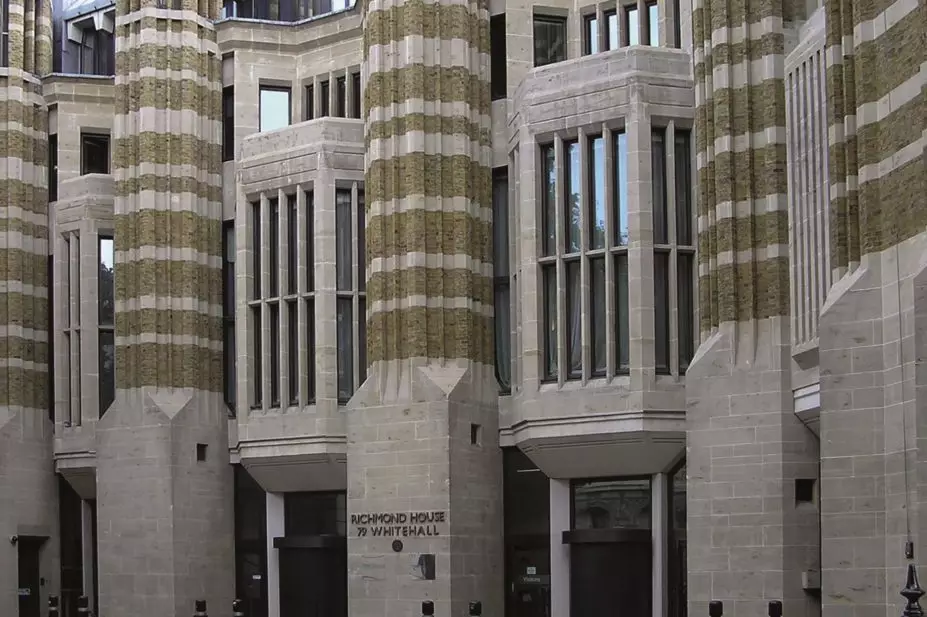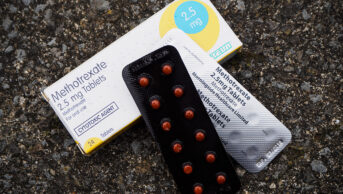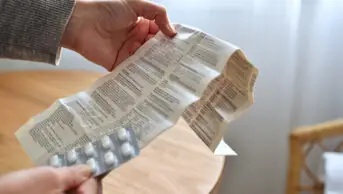
Wikimedia Commons
The NHS wastes at least £1bn – and possibly as much as £2.5bn – on preventable errors, many of which are related to improper use of medication, according to a report commissioned by the Department of Health.
The report, ‘Exploring the costs of unsafe care in the NHS’, published by Frontier Economics on 16 October 2014, assessed the potential costs in two ways: by adding up the documented costs of preventable adverse events; and by estimating the proportion of all care resulting in an adverse event.
The actual costs of harm amount to around £1.1bn per year, when the findings of published studies are brought together, the report says. This figure includes a calculation by the National Patient Safety Agency that hospital admissions for adverse drug reactions and harm related to medicine given during inpatient stays cost £770m in 2007, and that £5m was spent on litigation for drug-related medical errors between 1995 and 2007. It also incorporates a study that estimated better recognition of sepsis could save the NHS £196m each year. Another study included in the calculation concluded that reduced post-operative infections following joint replacement surgery could save between £200m and £300m per year, and that £9m was spent over a five-year period on medical negligence compensation when medical equipment had been left inside patients.
The report admits that not all of the adverse drug reactions requiring hospital admission and contributing to the £770m cost may have been preventable, but adds that there are also additional costs to be considered, including the fact that up to 50% of patients fail to complete their course of treatment as intended.
“NHS England estimates that 5-8% of unplanned hospital admissions are due to medication issues. Often, the full course of prescribed drugs is not taken because of a failure to monitor and properly encourage and instruct patients. This, in turn, imposes costs because conditions are not properly treated and become more serious,” the report says.
Prescription errors also play their part, the report points out, with one study of 14 community pharmacists showing that they identified errors in 0.75% of GP prescriptions, and that between 5% and 32% of these errors could have caused harm.
The upper £2.5bn figure is based on an estimate that 5% of the 15.1 million finished consultant episodes in England for admitted patient care in 2012/2013 would have experienced a preventable adverse event. If all these patients required the average inpatient stay of 5.2 days as a result, it would cost £2.5bn.
“Whatever the financial cost of mistakes we must never forget the real and lasting impact that a serious patient safety incident has on all of those involved,” says Dave Branford, chair of the English Pharmacy Board at the Royal Pharmaceutical Society. “No health professional goes to work wanting to harm a patient. Putting up posters that quantify the financial cost of safety incidents do not to my mind empower health professionals to make decisions about the resources available to them to make care safer.”
What is needed is a cultural change, he says, “to allow an open and honest dialogue, encouraging learning from mistakes”. He welcomed the recent announcement to include medication safety officers in every NHS Trust, GP surgery and pharmacy to provide each organisation with a focus, as well as to effectively network learning.
You may also be interested in

Patient safety commissioner to approach PM over ‘disappointing’ delay to valproate compensation

GPhC writes to pharmacy teams after methotrexate dispensed with instruction to take once daily
